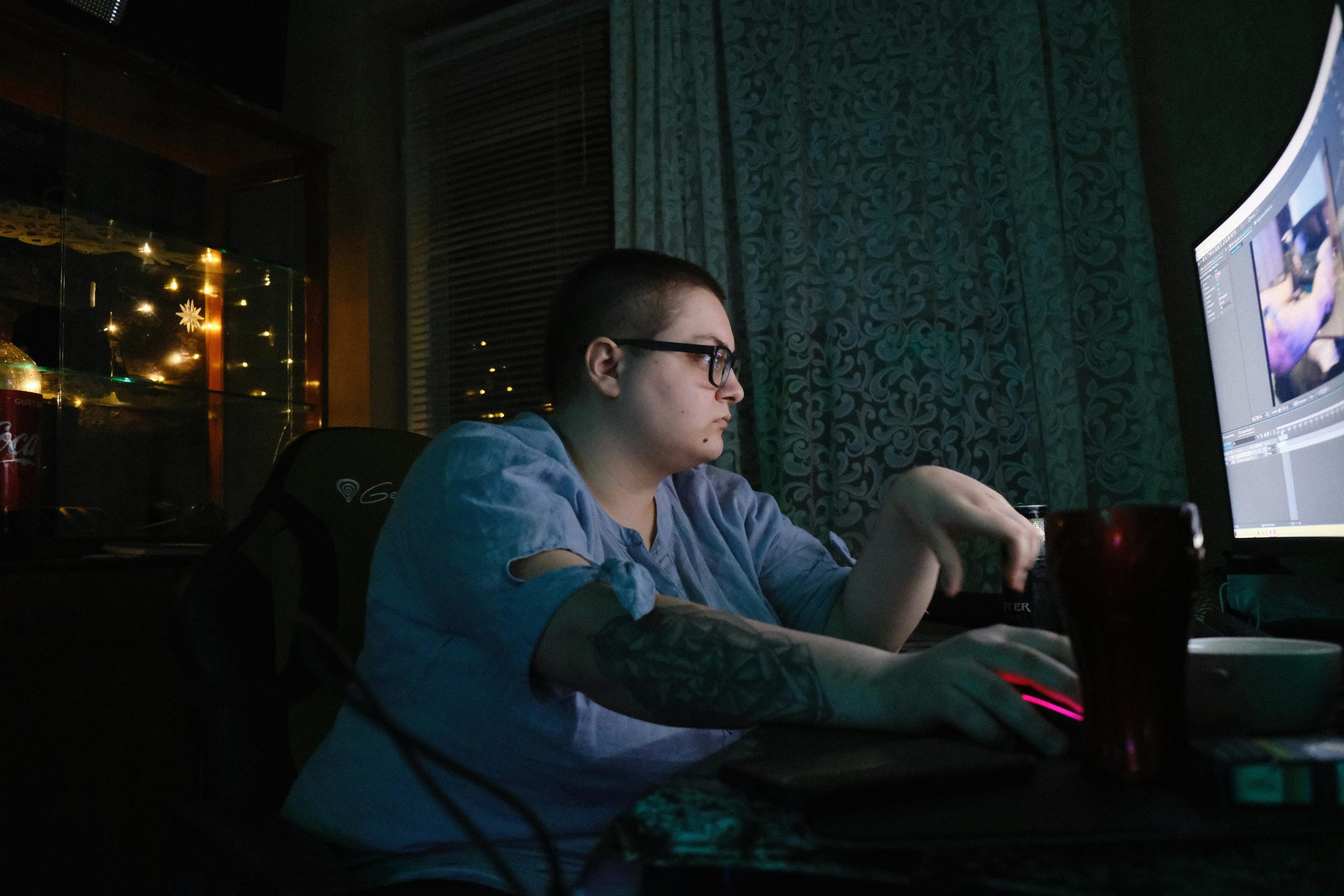Understanding and Troubleshooting a Slow PC Despite High-Performance Specifications
In today’s digital age, many users invest in high-specification computers hoping for seamless performance. However, it’s frustrating when a system with impressive hardware specifications still underperforms, even during routine tasks like professional browsing. If you’re experiencing sluggishness on a powerful laptop, you’re not alone, and there are several factors to consider.
Assessing Your System Setup
Many professionals connect their laptops to larger, external displays—such as a 30-inch monitor—to enhance productivity. Even with robust configurations, issues like lag or slow response times can persist. While hardware is vital, software optimization and maintenance play crucial roles in overall performance.
Common Causes of System Slowness
-
Background Processes and Applications:
Unnecessary programs running in the background can consume significant system resources, leading to slowdowns. Regularly review active processes via Task Manager or Activity Monitor to identify and terminate non-essential applications. -
Disk Health and Storage Space:
Hard drives (especially traditional HDDs) can become fragmented or fill up, impairing speed. Ensuring ample free space and running disk cleanup utilities can mitigate this issue. -
Memory (RAM) Usage:
Insufficient RAM for the tasks at hand can cause your system to rely heavily on virtual memory, which is slower. Upgrading RAM or managing applications to reduce memory load may improve responsiveness. -
System Updates and Drivers:
Outdated operating system files or device drivers can hinder performance. Regular updates ensure compatibility and optimize resource use. -
Malware and Viruses:
Security threats can significantly degrade system performance. Running comprehensive antivirus scans can detect and eliminate malicious software. -
Hardware Issues:
Over time, components may degrade or fail. Checking for hardware diagnostics, including SSD/HDD health checks, can preemptively identify underlying problems.
Best Practices for Enhancing System Performance
-
Conduct Regular Maintenance:
Utilize built-in OS tools and third-party utilities to clean temporary files, optimize storage, and monitor resource usage. -
Limit Startup Programs:
Reduce the number of applications that launch at startup to decrease initial load times. -
Optimize External Display Settings:
Ensure that display resolutions and refresh rates are configured optimally to prevent unnecessary GPU load. -
Upgrade Hardware if Necessary:
If persistent issues remain, consider hardware upgrades like adding more RAM or switching to faster SSDs
Share this content:



